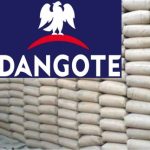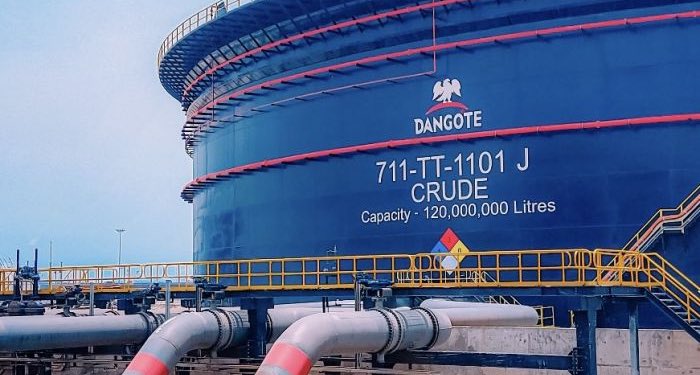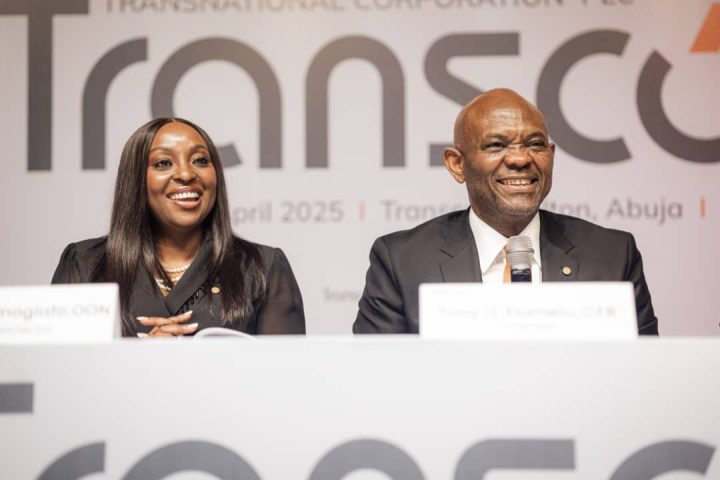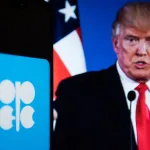The Organisation of Petroleum Exporting Countries (OPEC) has revealed that Angola is now the largest crude oil producer in Africa based on direct communications.
According to the Monthly Oil Market Report – May 2023, which covers the month of April, obtained from OPEC, direct communications disclosed that Angola produced 1.06 million barrels per day last month.
Join our WhatsApp ChannelThis is higher than that of Nigeria, as the country reported 999,000 barrels per day output. Algeria also recorded the exact volume of production.
But Prime Business Africa’s review of the OPEC report learnt that secondary sources reported different outcomes for the three countries.
It was gathered that Nigeria’s crude oil output is 1.18 million barrels per day, while Angola pumped 1.08 million barrels per day and Algeria produced 1 million barrels daily.
This means that based on secondary sources, which is not official channel like direct communications, Nigeria remains the largest crude oil producer in Nigeria.
Angola retains the second position ahead of Algeria on the list of the largest crude oil producers in Africa during the period of April.
“According to secondary sources, total OPEC-13 crude oil production averaged 28.60 mb/d in April 2023, lower by 191 tb/d m-o-m. Crude oil output increased mainly in Saudi Arabia, Angola and IR Iran, while production in Iraq and Nigeria declined,” OPEC wrote in the report.
Addressing the state of Nigeria’s economy, OPEC said business activity and consumer spending remain subdued in the country in the first half (H1) of 2023.
OPEC said Nigeria’s growth faces challenges amid high input-cost inflation and lower employment levels, but Nigeria’s economy could recover based on recent leading indicators.
“Nigeria’s economy faced challenges in gaining momentum in 1H23, with business activity and consumer spending remaining subdued, in addition to high input-cost inflation and lower employment levels compared with the previous year. However, recent leading indicators suggest that the economy may recover in the coming months.
“The Nigerian government postponed the June deadline to remove fuel subsidies and has yet to announce a new date for the scheme’s end.
“The newly-elected president will be sworn in on 29 May, and most races for the National Assembly have been called. Inflation data for March shows an ongoing acceleration, with an annual rate of 22% y-o-y, up from 21.9% y-o-y in February and 21.8% in January.
“Food inflation has been a key factor in this rise, reaching 24.5% y-o-y in March. The Central Bank of Nigeria has kept the policy rate unchanged at 18%, following a 50 bp hike in March and a 100 bp hike in January.
“Despite the challenges, April’s Stanbic IBTC Bank Nigeria PMI recovered strongly to 53.8, compared with only 42.3 in March, indicating a potential near-term recovery,” OPEC said.


















Follow Us